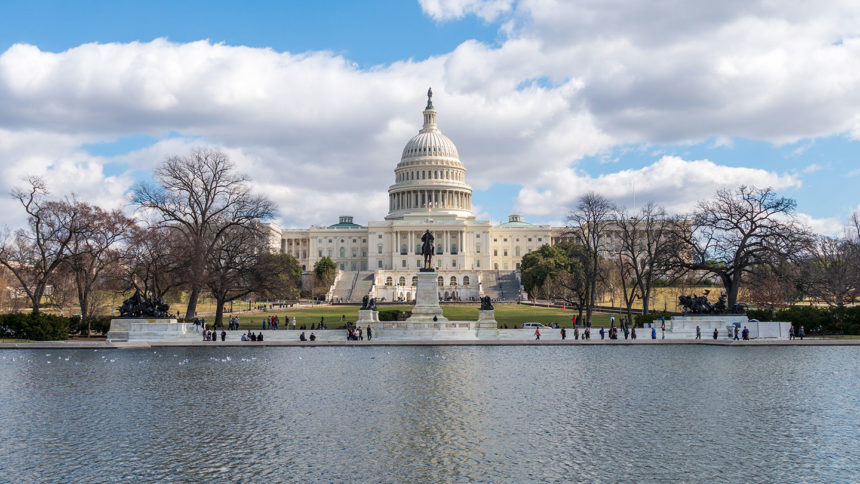
U.S. Capitol Building (Credit: ak_phuong / Getty Images Plus)
Affordable housing advocates remain hopeful that a historic investment in homes for vulnerable older adults is on the horizon, following the release of a proposal by the Senate Appropriations Committee on Monday.
The Senate Appropriations Committee’s fiscal year 2022 Transportation, Housing and Urban Development funding bill, one of nine released by the committee, includes more than $51 billion for rental assistance programs that provide housing assistance for five million vulnerable households — more than half of which are led by older adults or individuals with disabilities.
Specifically, the bill includes $1.2 billion for Section 202 Housing for the Elderly and Section 811 Housing for Persons with Disabilities programs, $101 million more than fiscal 2021.
The measure also includes a historic $851 million increase for capital funds to address maintenance needs and priority capital improvements. Those include remediation of housing-related health hazards and energy efficiency improvements.
LeadingAge Vice President of Housing Policy Linda Couch called this a victory. The Senate bill also includes $44 million for new Section 202 homes. The House HUD bill, passed July 29, included $205 million for new Section 202 homes.
Salary, retention help
Service coordinators also stand to benefit from the Senate bill, which provides $125 million for renewing contracts for affordable housing service coordinators, using the funds for salaries and retention. Language in the House bill allows funding to be used for hiring new service coordinators.
A report on the Senate bill noted that service coordinator retention rates have declined as educational requirements have increased, whereas salaries have remained stagnant.
“This turnover not only disrupts the ability of the department to provide grants that are utilized each year, but also breaks needed continuity in low-income elderly households’ access to supportive services,” the report reads. “The committee encourages the department to continue its ongoing work to improve retention rates by allowing grantees to increase salaries for service coordinators to market-appropriate rates, where justified.”
About half of all Section 202 communities — and all new Section 202 communities — have a service coordinator on site to assess resident needs, connect residents to services and monitor service delivery, according to Couch. She added that service coordinators lower hospital use, increase primary care use, and successfully reach high-risk populations. Their work, Couch said, results in fewer nursing home transfers.
Fiscal year 2022 began Oct. 21, but the federal government is operating on a continuing resolution that maintains program funding at FY21 levels through Dec. 3. While the House passed each of its FY22 appropriations bills, the Senate has not passed any, including the HUD funding bill.
Build Back Better support
On a related note, Couch submitted a statement Tuesday for an upcoming House Committee on Financial Services hearing on the Build Back Better Act’s $327 billion investments in affordable housing programs.
Committee Chair Maxine Waters (D-CA) included $2.4 billion for HUD’s Section 202 program in the committee’s Build Back Better housing package.
“For older adult households on housing waiting lists and the many more who don’t even bother getting on a waiting list or cannot do so because the waiting list is closed, the solution is to expand the supply of affordable senior housing,” the statement reads. “HUD’s Section 202 Supportive Housing for the Elderly program provides not only the affordable housing, but also the connection to services and supports. A significant expansion of this program is decades overdue.”
Couch said the funds would build about 37,500 Section 202 homes, fund new service coordinators and help states better target health and support resources to affordable senior housing residents, “making aging in community a reality instead of a pipe dream.”
More than 1.9 million older adults are housed through HUD programs.




